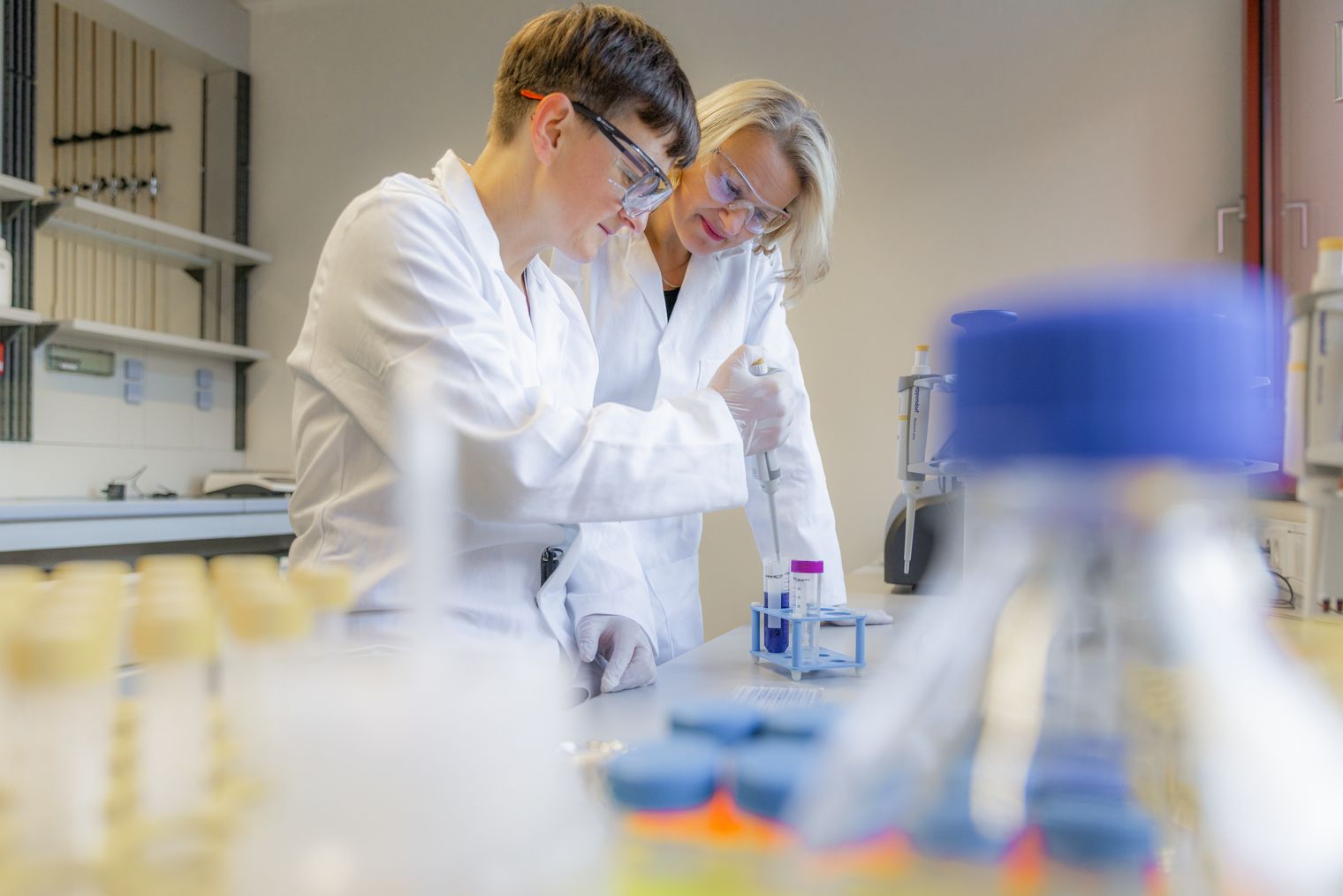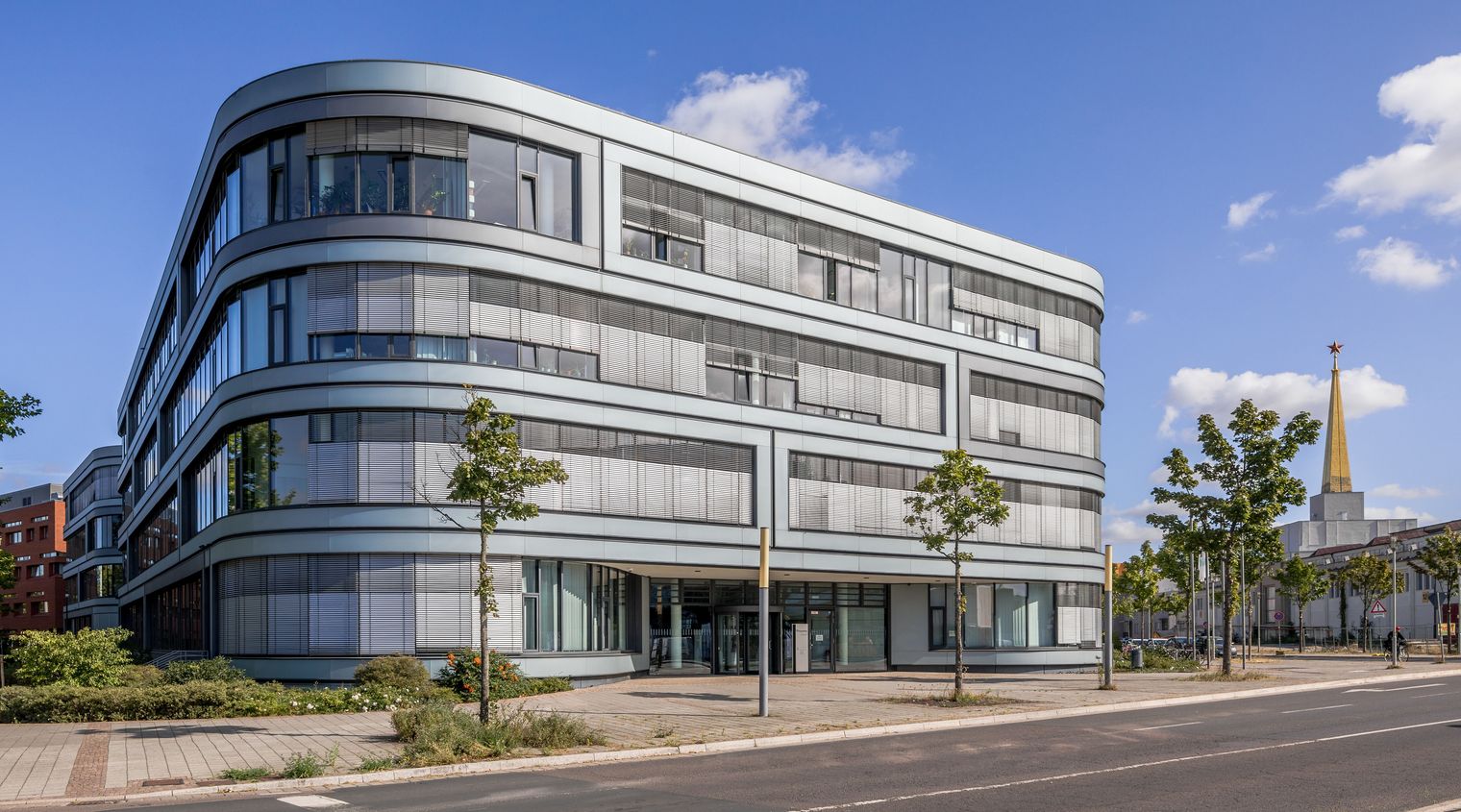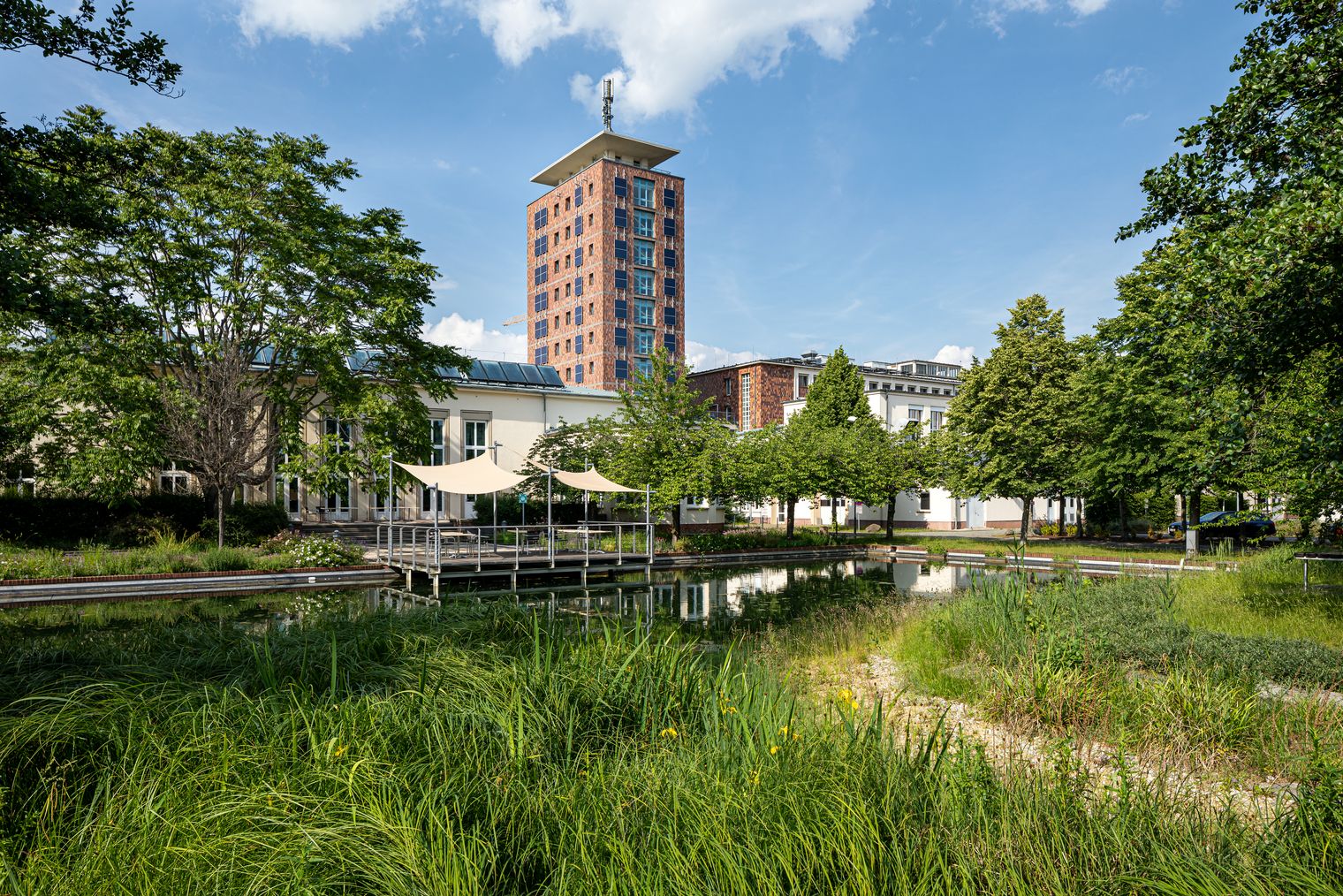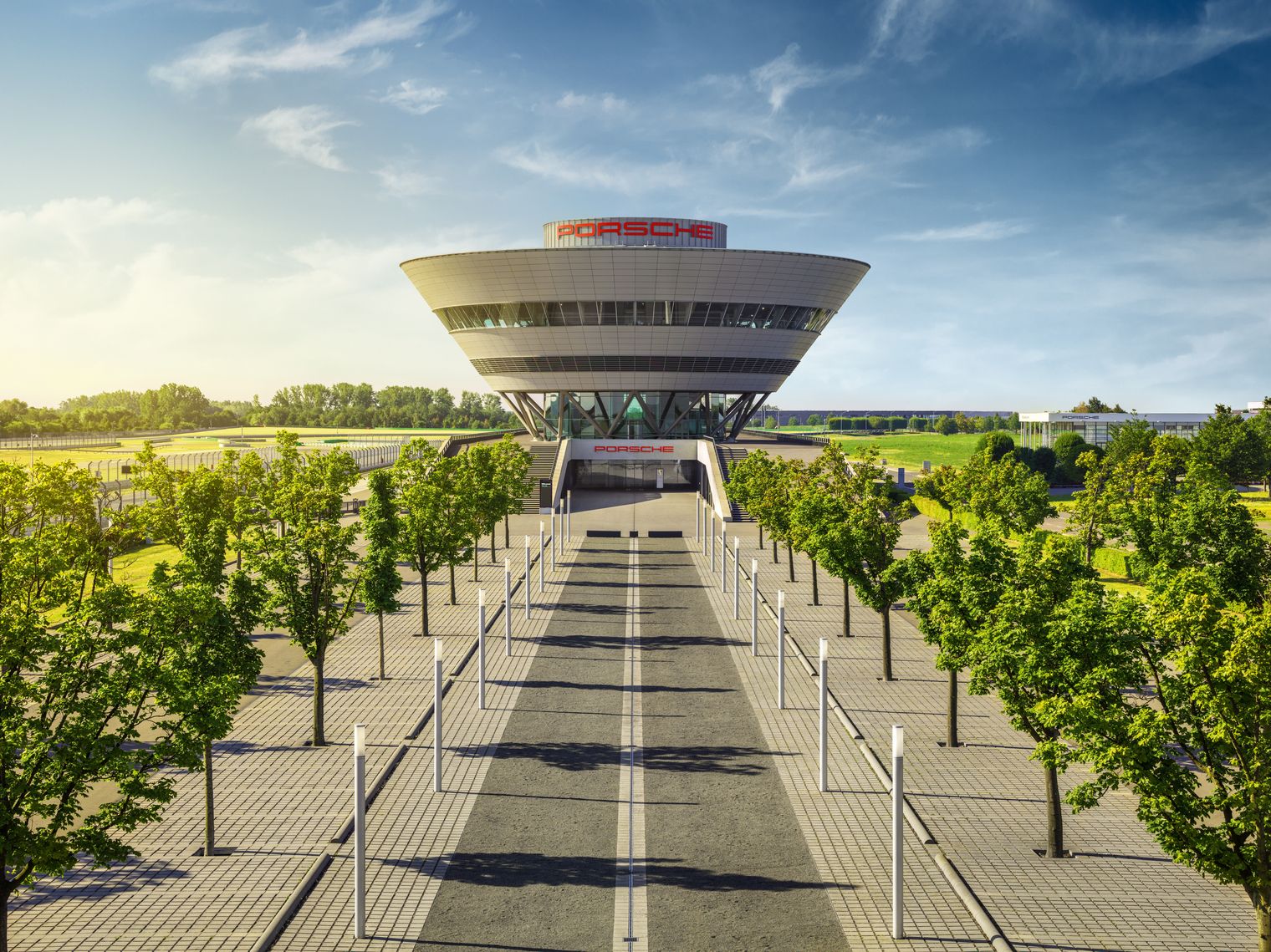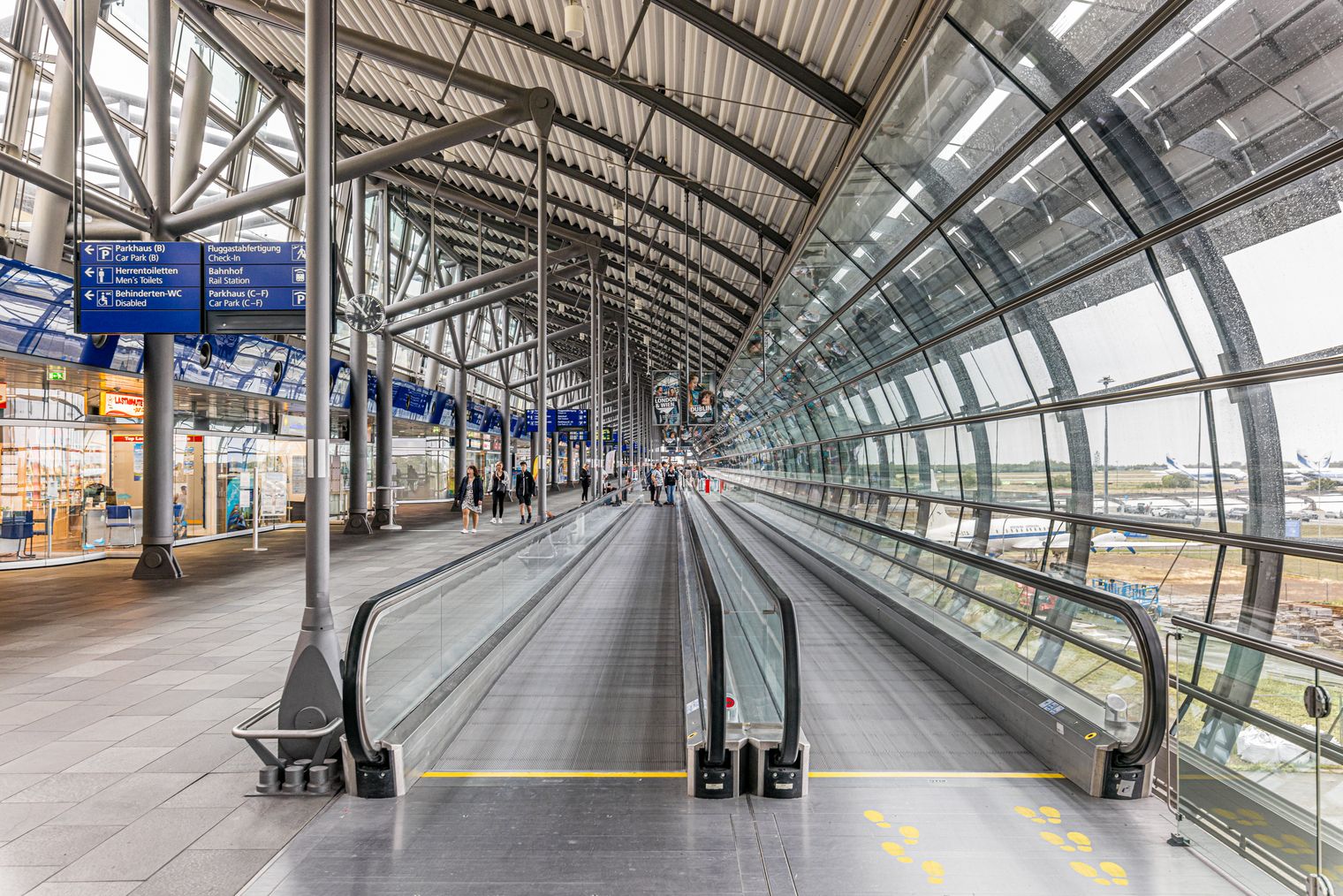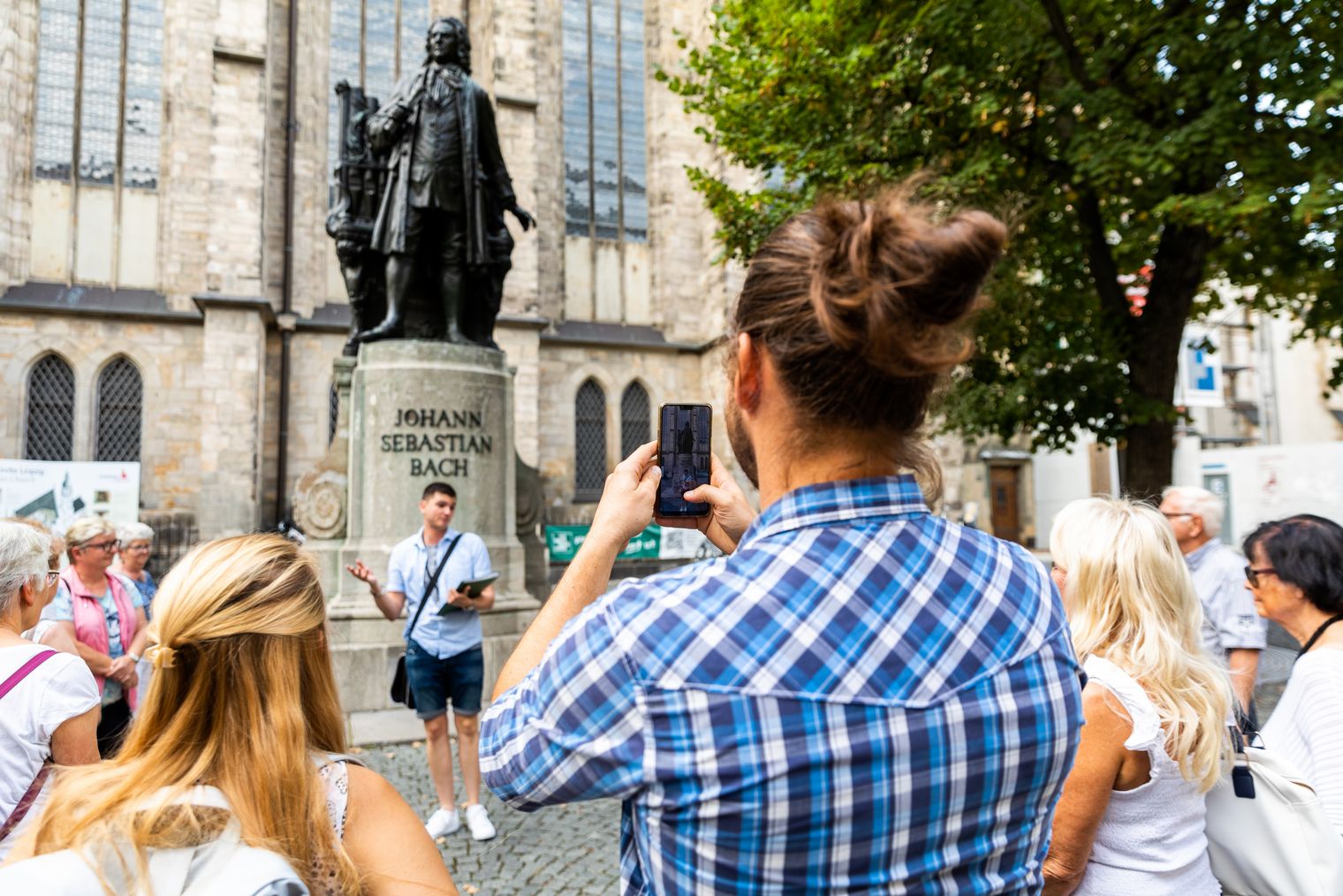Key industries in Leipzig
Leipzig’s congress landscape is heavily influenced by the city’s main business and scientific sectors. Leipzig deliberately brings conferences to the city that are thematically relevant. The aim is to encourage dialogue in these fields.
With three clearly defined innovation clusters and four focus industries, Leipzig has positioned itself as an attractive destination for international congresses. Renowned experts act as ambassadors for the location and play a key role in successfully attracting events.
